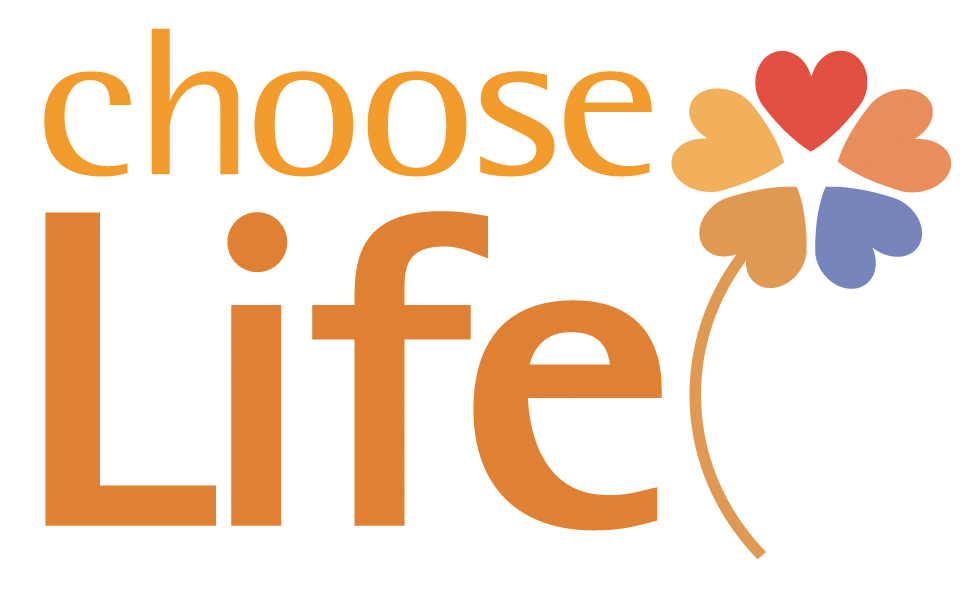What is abortion?
Abortion stops a pregnancy and ends the life of an innocent unborn child. Abortion is the killing of a human being.
What is the abortion law in Canada?
There is no law governing abortion in Canada. Abortions can be performed legally right up until birth. Before 1969, the Criminal Code of Canada prohibited abortion unless the mother's life was at risk. An amendment was added to the abortion section 287 (formerly 251) in 1969 to allow abortions if the mother's life or health was threatened. Abortions had to be approved by a therapeutic abortion committee. The word health was broadly interpreted to include economic, social, psychological, or physical health, leading to abortion on demand. In 1988, the law was completely struck down by the Supreme Court of Canada, leaving no law in effect. Click here to learn more. Canada is the only democracy without abortion legislation. International abortion laws
Do fathers have any rights under Canadian law?
No. A father is powerless to protect the life of his unborn child if the mother wants to have an abortion.
What are the most common reasons for performing abortions in Canada?
According to the Alan Guttmacher Institute, a research branch of Planned Parenthood, over 90% of abortions are done for socio-economic reasons. 3% are done because prenatal testing indicates a child with a disease or disability. Less then 1% are done for reasons of rape or incest.
How many abortions are done in Canada each year?
In 2023, the Canadian Institute for Health Information (CIHI) reported 101,553 abortions in Canada. 21% were done in hospitals and 79% were done in clinics or physicians’ offices. 2% of abortions were performed on teenage women 17 years of age and younger. Approximately one third of all abortions are done on women who have had at least one previous abortion. Since 1970, over 4,000,000 unborn babies have been aborted in this country.
CIHI reports 1,059 late-term abortions in Canada on children 20 weeks gestation or more in 2022-23. Of those, 131 were actually born alive.
The number of abortions over a one year period in Ontario during 2023/2024 was 52,467, as reported by the Ontario Ministry of Health and Long Term Care. In 2004, there were 1,129 abortions in Niagara, a 7.69% reduction from three years earlier when there were 1,223 abortions. Last available statistics for St. Catharines indicate an average of one abortion per day.
Does an unborn child feel pain during an abortion?
Expert on human embryonic development Dr. Maureen Condic, Associate Professor of Neurobiology and Anatomy at the University of Utah, says scientific evidence is clear that pain can be experienced by unborn children by 20 weeks, but they have a capacity to feel pain much earlier. Dr. Condic has testified that there is universal agreement that pain is detected by the fetus in the first trimester. She told a congressional hearing, "Imposing pain on any pain-capable living creature is cruelty and ignoring the pain experienced by another human individual for any reason is barbaric." Read her testimony
Who pays for abortions?
Taxpayers pay for abortions. The average cost of an abortion in Canada is about $600 to 1200. Annually, on average, 100,000 abortions take place in Canada for a total cost to the taxpayer of up to $120,000,000. (Does not include costs associated with post-abortion treatments). Ontario covered the medical expenses for more than 100 late-term abortions on women who travelled to the United States from 2014 to 2019. Those procedures added up to more than US $1.5 million. Global News, May 28, 2019
Abortion Complications:
There are over 100 possible physical or psychological complications that can occur after abortion.
Summary Paper on the impact of induced abortion on women’s health
Overview: Post-Abortion Complications
Physical complications include:
bladder injury, bowel injury, hemorrhage, infection, laceration of the cervix, more miscarriages later in life, perforation of the uterus, increased subsequent premature births, increased risk for breast cancer, sterility, death.
Psychological effects of abortion on women include:
guilt, depression, suicidal thoughts, sense of loss, mourning, regret and remorse, preoccupation with "would be" due date or birth month, lower self-esteem, despair, nightmares, loss of interest in sex, inability to forgive self.
"There is not a single scientific study that has shown that abortion has, on average, actually produced any benefits to women. In contrast, there are numerous studies showing abortion's harms. We must insist that the authentic rights and welfare of both the mother and child are intertwined. To hurt one, you will necessarily hurt both. To help one, you must help both." David C. Reardon, Ph.D., one of America's leading researchers and authors on post-abortion issues and founding director of the Elliot Institute
Methods of Abortion:
The most common method of abortion used in Canadian abortion clinics and hospitals is the Suction - Aspiration method. Used in the first trimester, the cervical muscle is stretched open. A hollow plastic tube with a knife like edge is inserted into the uterus. The suction machine then tears the baby's body into pieces, and sucks them and the placenta into a bottle.
A growing number of abortions are being done using abortion pills (Mifegymiso.) If a woman changes her mind soon after taking the first drug, the abortion could possibly be reversed. For more information, see Abortion Pill Reversal in Canada.
For older babies, the prostaglandin method is used. Prostaglandin is a hormone that induces labor. The baby usually dies from the trauma of delivery. Dilation and Evacuation is when a pliers like instrument is inserted through the cervix, and used to tear apart the baby. The skull is then crushed and pulled out.
